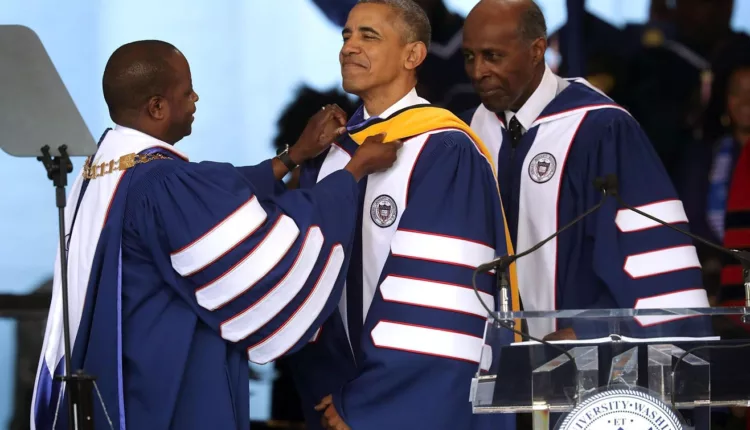
The Issue with American Colleges Isn’t Trust, It’s Partisan Politics
TL/DR –
A presentation by polling and research firm Morning Consult contradicts the conventional wisdom that public trust in higher education institutions is decreasing, revealing that universities are in fact the most trusted institutions in the U.S. However, trust levels vary considerably between demographics, with a marked partisan divide evident in the data. Universities therefore do not have a generalized trust problem, but a partisan political problem, and it’s identified that public trust in U.S. colleges and universities is largely split along political lines.
Trust in US Higher Education Institutions Remains High, Despite Widespread Institutional Distrust
Despite the perception that public trust in higher education is declining, a study conducted by Morning Consult tells a different story. The research presented at the American Marketing Association’s Symposium on the Marketing of Higher Education demonstrated that the overall trust in higher education institutions remains higher than other major American institutions.
The study refutes the conventional wisdom that colleges are experiencing a significant loss in public confidence. From the research summary, “Universities are more trusted than other major American institutions: Overall, U.S. colleges and universities command greater trust than the government, corporations, and the media.”
About 59% of US adults say they have some or a lot of trust in US colleges and universities, compared to the 42% trust for American corporations, 39% for the US government, and 34% for the US media. This places the standing of higher education in a favorable light.
The research highlights an age and political discrepancy in trust levels. While 63% of Baby Boomers show trust for higher education, only 51% of Gen Z adults hold the same trust. More starkly, the data shows a split along political lines, with 74% of Democrats versus 50% of Republicans expressing trust for American higher education institutions.
Beyond the political divide, specific education brands like Johns Hopkins, Howard University, and the University of California, Berkeley, also had varied trust levels among different political affiliations. The results demonstrate that the perceived negative feelings for American schools are not universal and are likely influenced by partisan attitudes towards institutions in general.
It’s clear that the distrust for higher education isn’t a stand-alone issue, but rather part of a larger trend of institutional distrust, particularly among certain political demographics. Therefore, it’s crucial to consider these broader trends when interpreting attitudes towards higher education.
—
Read More US Political News
